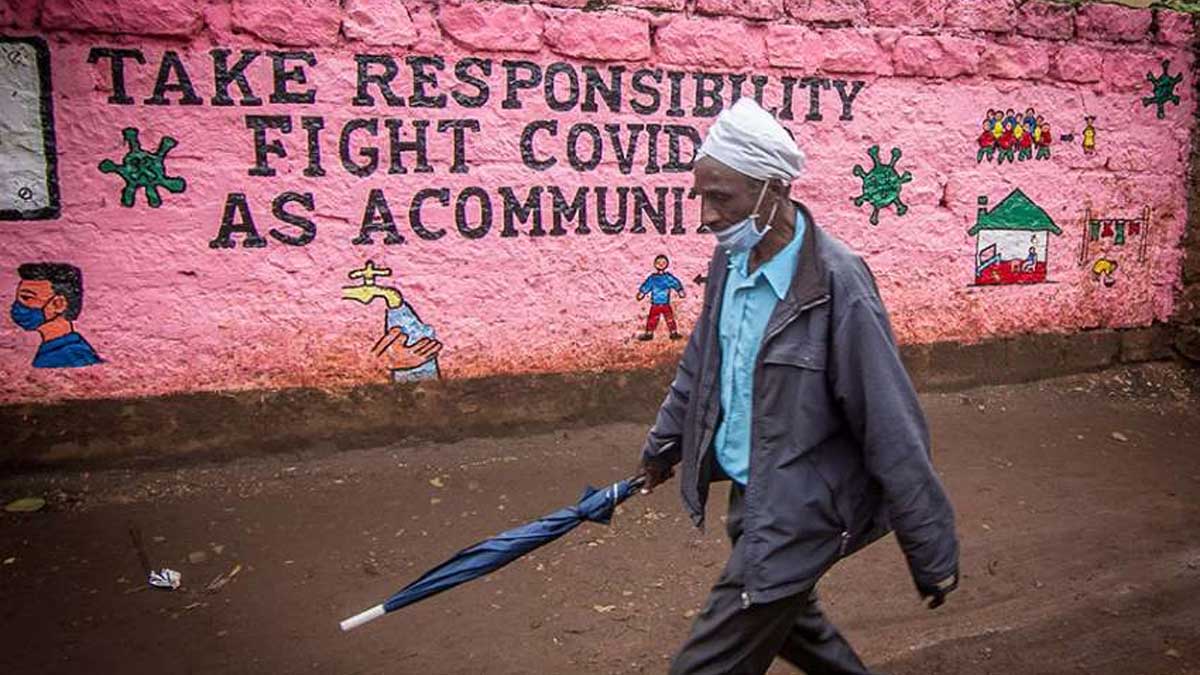The Covid-19 worldwide cases have passed 250 million as the Delta variant flow comforts, more normal trade and tourism continue, though some countries in Eastern Europe are undergoing record outbreaks.
According to a Reuter’s analysis by the last three months, the daily average number of cases has dropped by 36%. Despite the fact the spread has braked, 50 million people are being infected every 90 days because of the highly catching Delta variant. Almost a year was taken to record the first 50 million Covid cases.
Health experts show hope that many nations have battled well and put the worst of the pandemic behind them cheers to vaccines and natural exposure, even though they caution that cooler weather and forthcoming holiday crowds could upsurge cases.
Read more: Global Covid-19 deaths hit 5 million as Delta variant sweeps the world
“We think between now and the end of 2022, this is the point where we get control over this virus … where we can significantly reduce severe disease and death,” Maria Van Kerkhove, an epidemiologist leading the World Health Organisation, told Reuters.
Besides the use of vaccines, doctors have improved ways now to treat Covid-19 cases. Last week, Britain became the first country in the world to accept a potentially game-changing Covid-19 antiviral pill mutually developed by Merck (MRK.N) and Ridgeback Biotherapeutics called molnupiravir. As per the studies, the pill could halve the probabilities of dying or being hospitalized for those most in danger of suffering from severe Covid-19 if given early in the illness.
Last month the World Health Organisation (WHO) and other aid groups requested the leaders of the world’s 20 biggest economies for funding a $23.4 billion plan to bring Covid-19 inoculations, tests, and drugs to shoddier countries in the upcoming 12 months.
Meanwhile, PAHO Assistant Director Jarbas Barbosa, influenced establishments to line up the old, frontline workers, and people with pre-existing conditions, to shield them from overstraining the healthcare system.
”Vaccine inequity remains the biggest barrier to reaching our coverage targets.”





















